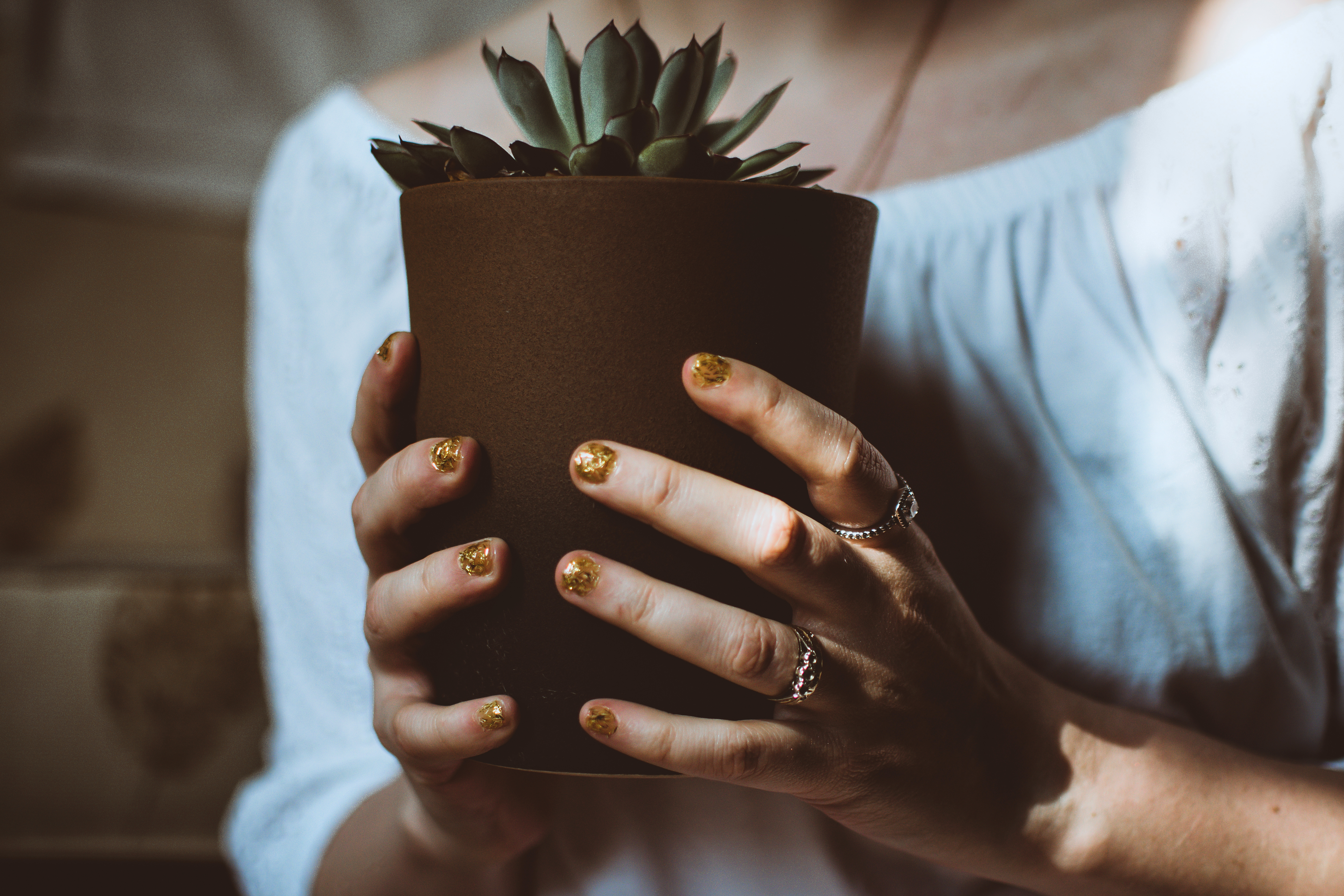
Tips for winter plant care
When caring for your house plants, it is important to note that the kind of care you provide will differ depending on the weather. During the winter months, the temperatures drop and many plants become dormant. This means that plants that bloom in the warm months will no longer produce flowers but they will still remain lush and green until their next bloom cycle.
Your small potted plants should be placed in areas that are warm but not too hot. You should avoid placing them too close to windows where the cold can affect them. They will still need a good source of light but you will not need to water them as often. Watering is best done in the morning and you will need to follow a watering schedule based on the type of plant you are growing. For example, some plants only need to be watered every few days and others only once a week.
Larger plants cannot be moved unless you have placed the pot on a wheeled support. Just like your smaller plants, large plants will not need to be watered quite as frequently and they should not be placed too close to a window or glass door. If the leaves touch the cold glass, it can upset the plant and cause those leaves to perish. The large leaves of large plants also have a way of gathering dust. Wipe the leaves gently with a soft cloth and water to keep them clean.
All plants should be kept away from sources of heat like radiators and fire places. The intense heat is just as harmful as the cold and it can cause the air to become particularly dry as well. Some plants benefit from a bit of extra humidity. You can place a tray of water nearby to solve this problem. Some plants benefit from pruning during this time of year. Make sure that you follow the proper pruning instructions for best results. Be aware of any pests that could affect your plants and take the necessary measures to keep them away.
If you choose to buy a Poinsettia during this time, you should always inspect it thoroughly for any bugs or eggs. White flies can affect other plants in your home too, which is why you want to keep them away. You should avoid fertilizing and slow down on the watering during these colder months. You can fertilize again in spring and water more frequently in the summer.
